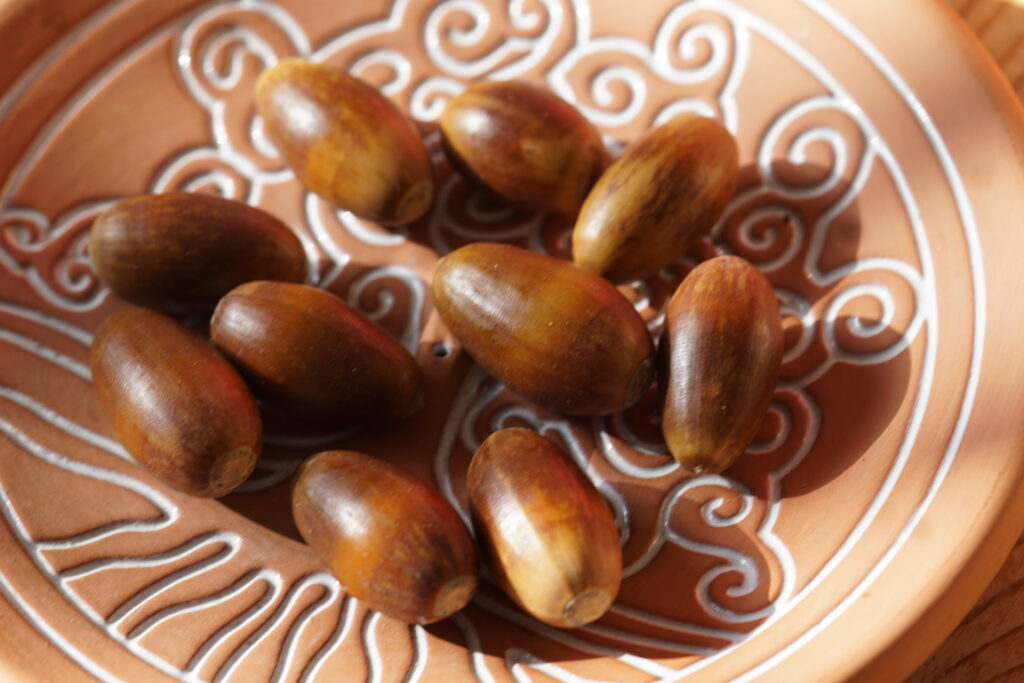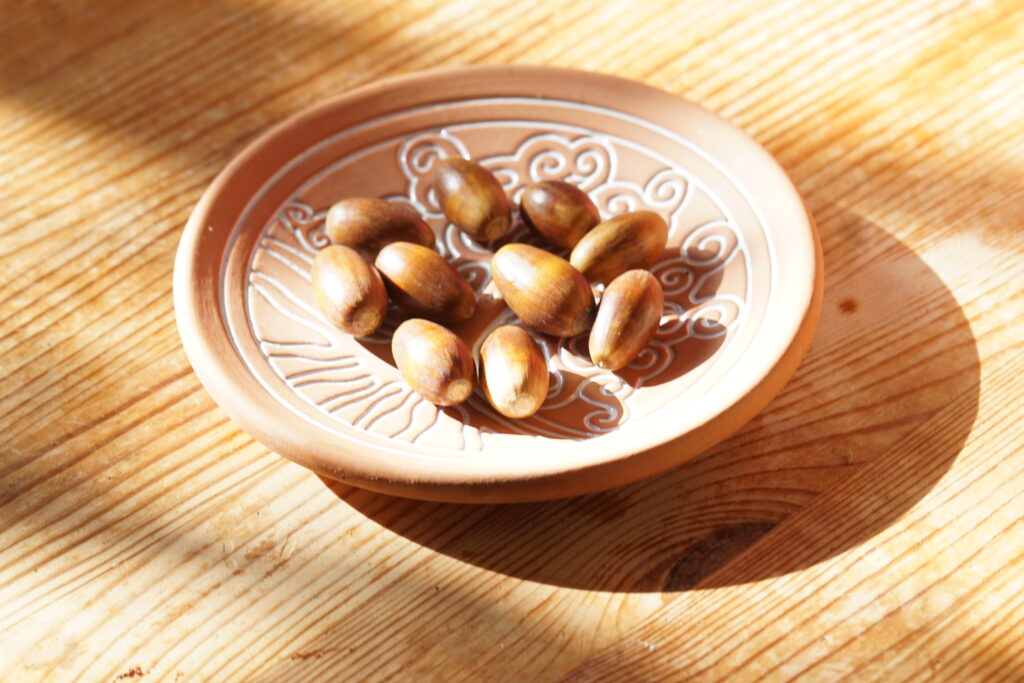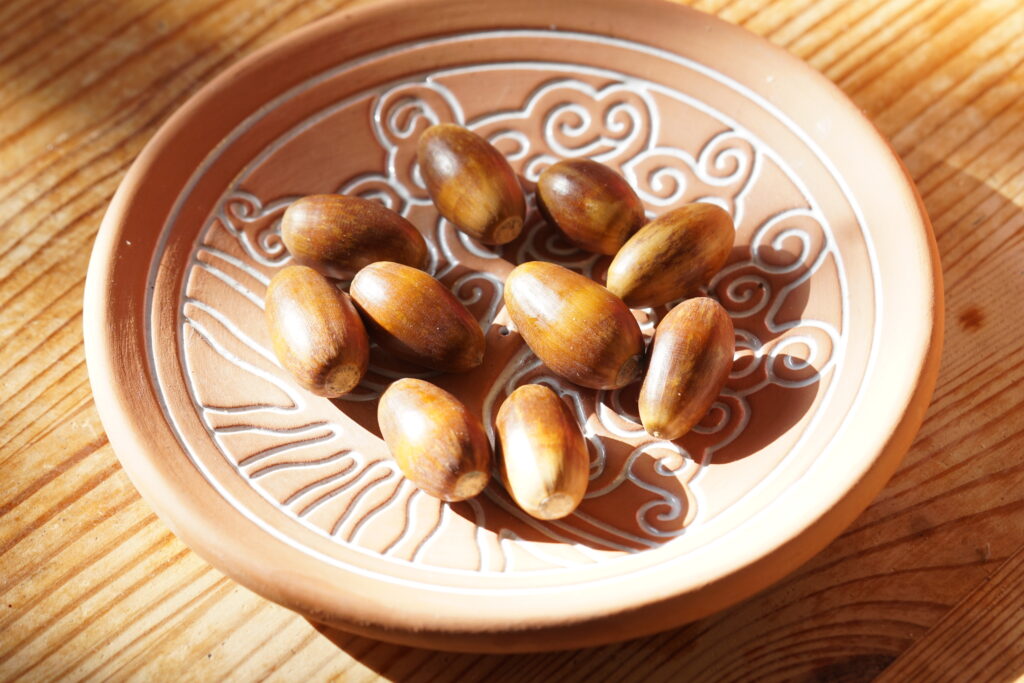10.11.2023: XXL edition of Quercus macrocarpa
Acorn monster. Available here: https://quercus.guru/produkt/quercus-macrocarpa-bureiche-xxl/
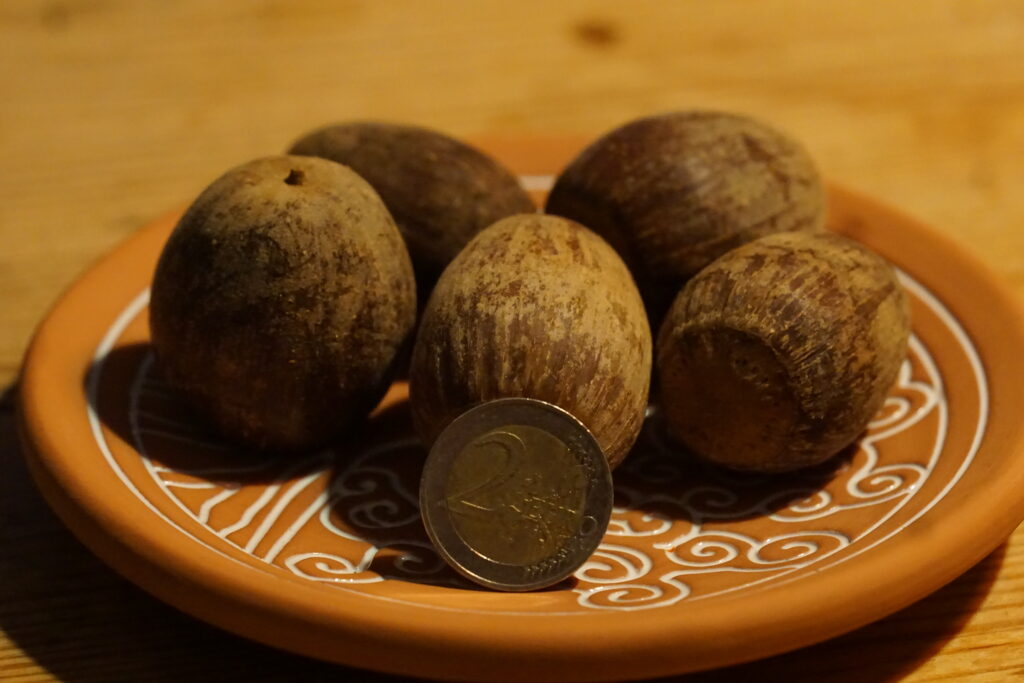
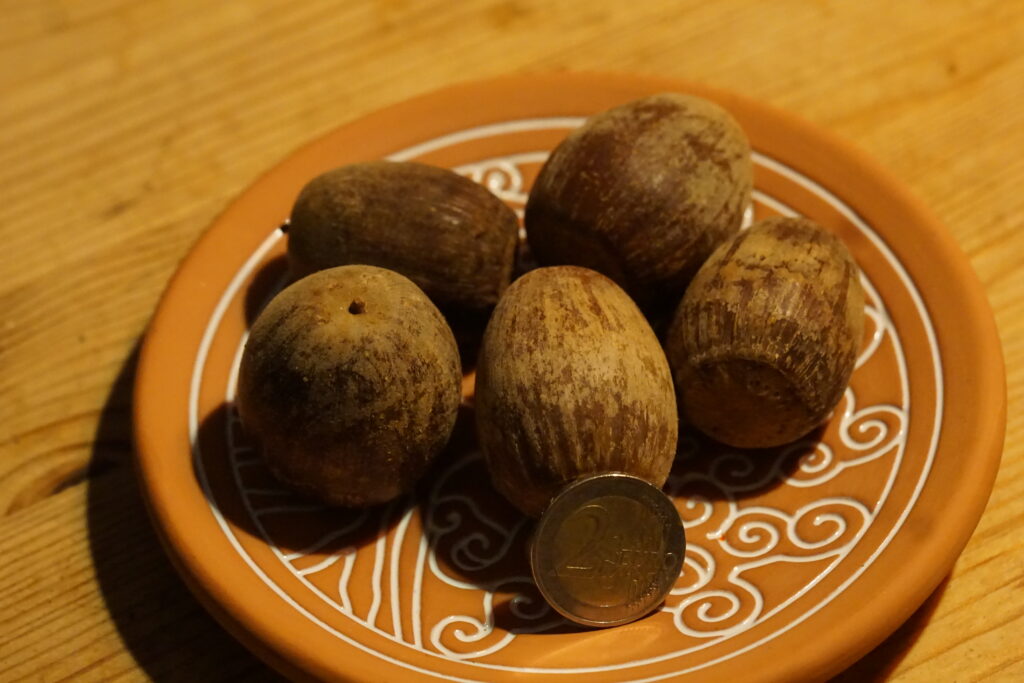
Acorn monster. Available here: https://quercus.guru/produkt/quercus-macrocarpa-bureiche-xxl/


Quercus laceyi (Lacey oak) is a special type of oak from the north of Mexico and the south of the USA. It only grows to a height of around 11 meters. The leaves are blue-green! This species likes calcareous soils.
See also: http://oaks.of.the.world.free.fr/quercus_laceyi.htm
In the store here: https://quercus.guru/produkt/quercus-laceyi/
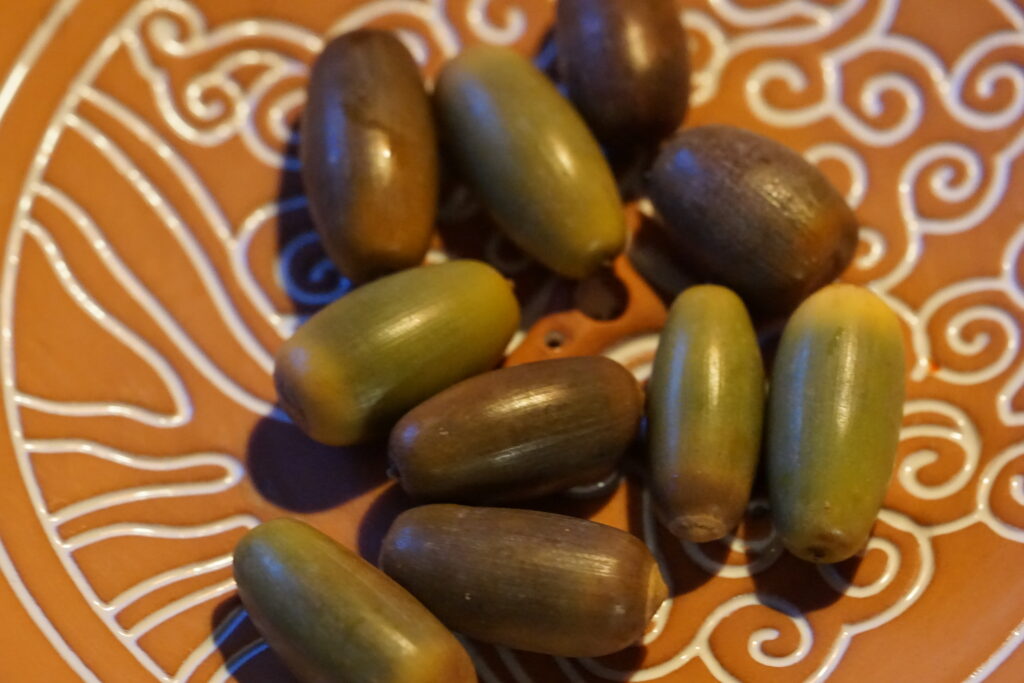
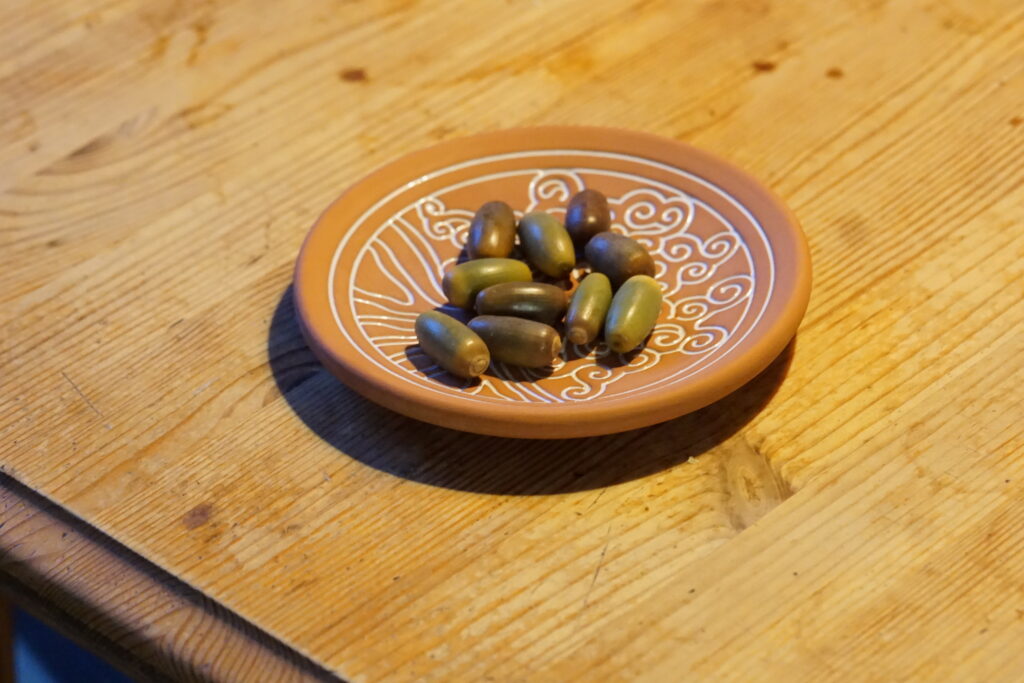
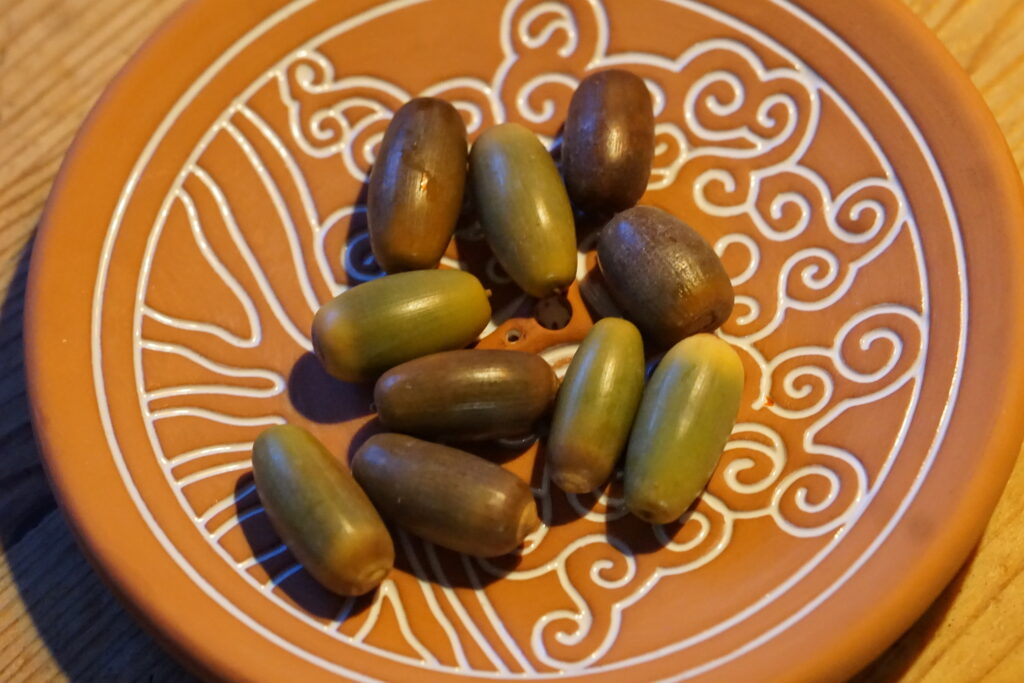
It took a while, but it worked. October harvest 2023 of Quercus acutissima (Japanese chestnut oak, sawn oak, silkworm oak). At last!
This tree grows up to 30 meters high. The leaves, which can grow up to 20 cm long, are striking. This type of oak originates from Japan, China and Korea. Quercus acutissima is now also cultivated in the USA. This species is very rarely found in aroboretums in Central Europe. The tree grows very quickly and is considered to be very temperature tolerant. This oak species prefers to grow on slightly acidic, humus-rich soils.
Further information: https://plants.ces.ncsu.edu/plants/quercus-acutissima/
You can find it in the store here: https://quercus.guru/produkt/quercus-acutissima/
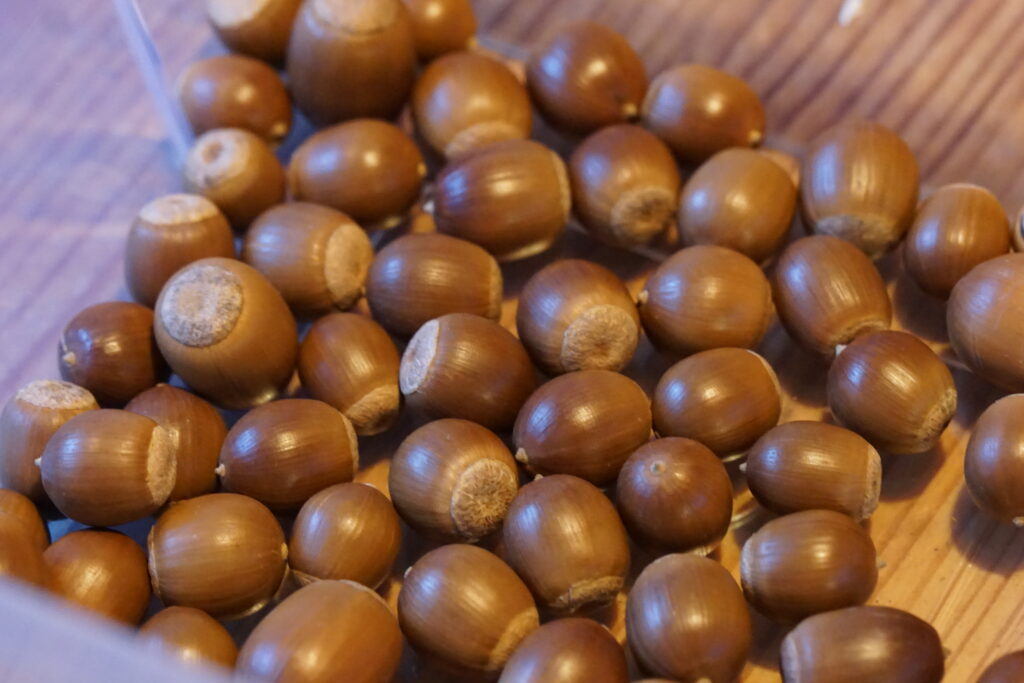
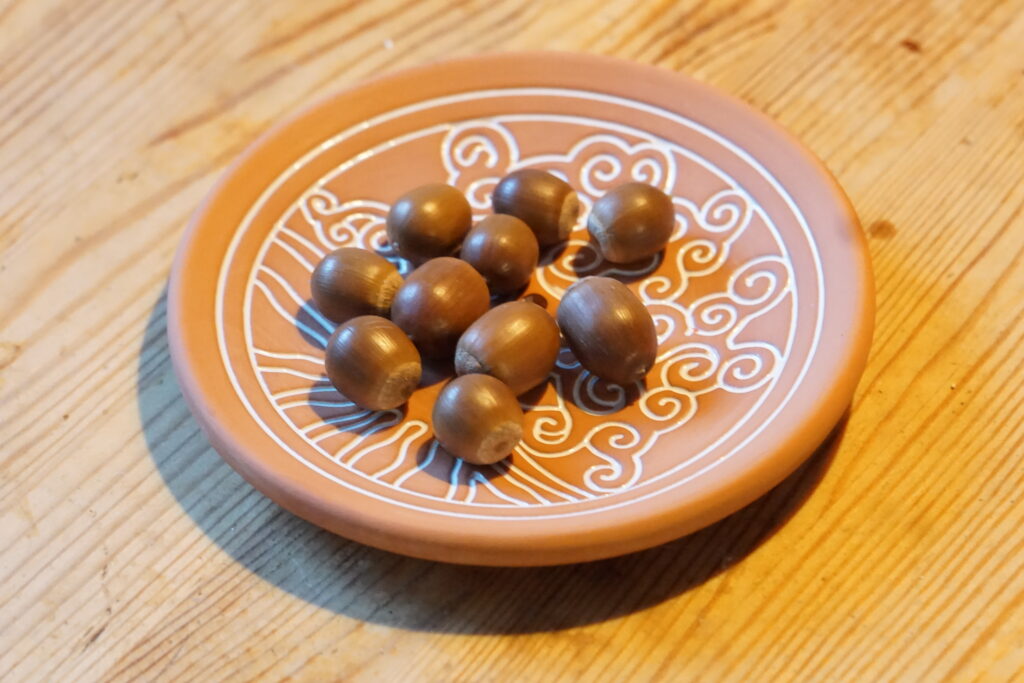
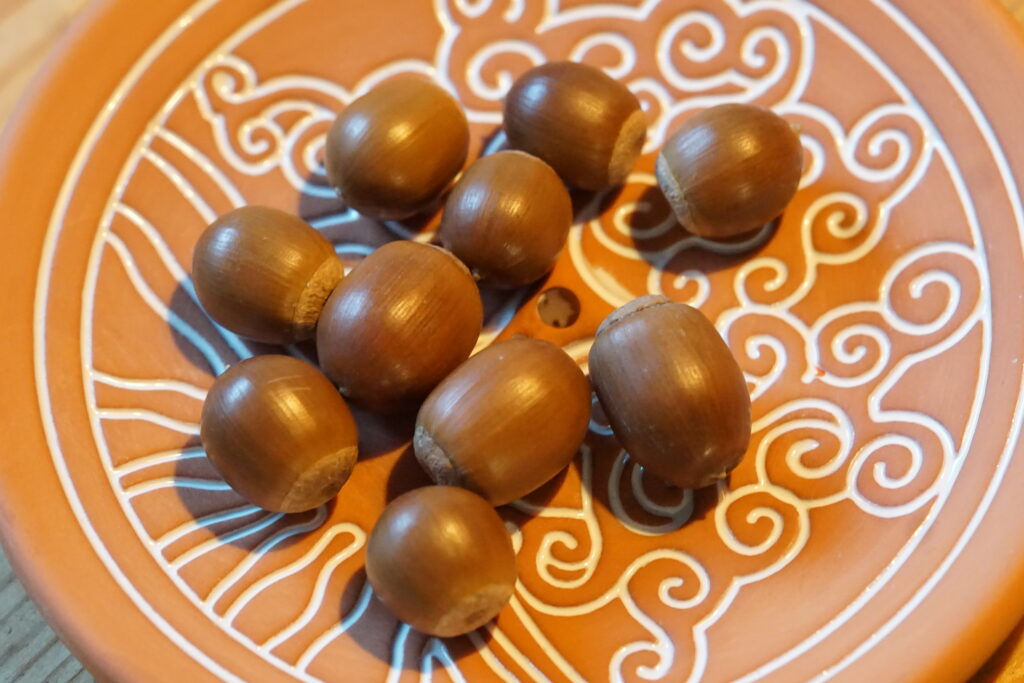
Quercus douglasii, Quercus lobata and Quercus x jolonensis
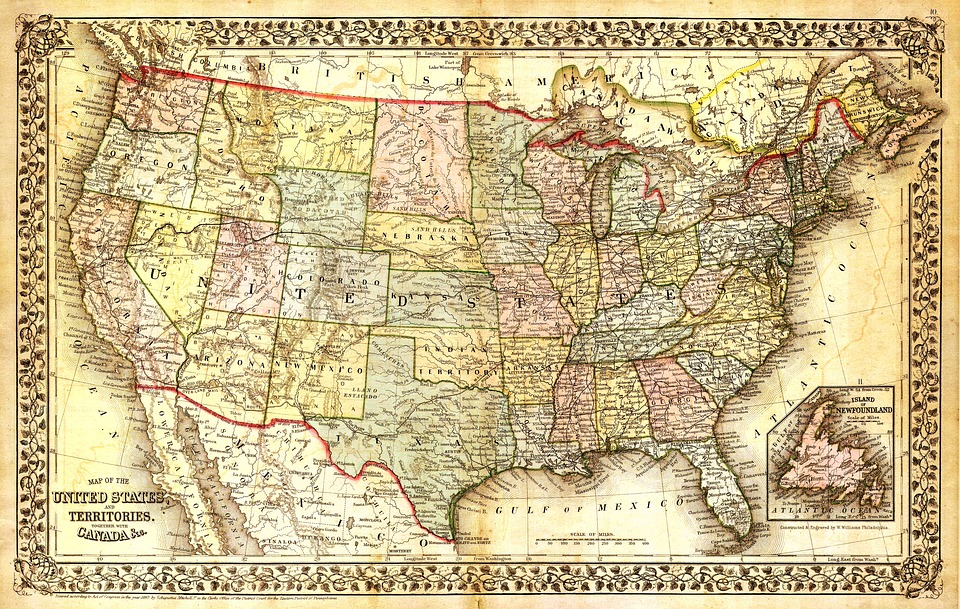
Shortly (approx. 1 to 2 weeks) and freshly collected: Quercus ithaburensis from the Greek island of Kea.
And: Quercus infectoria and Quercus alnifolia from Cyprus.

Quercus sinuata var. breviloba is found in the south of the USA and north of Mexico. This species is also known as “Bigelow’s Oak”. This species grows to a height of about 12 meters. and is considered to be extremely resistant to global warming.
More information: https://en.wikipedia.org/wiki/Quercus_sinuata_var._breviloba
Available in the store here: https://quercus.guru/produkt/quercus-sinuata-var-breviloba/.
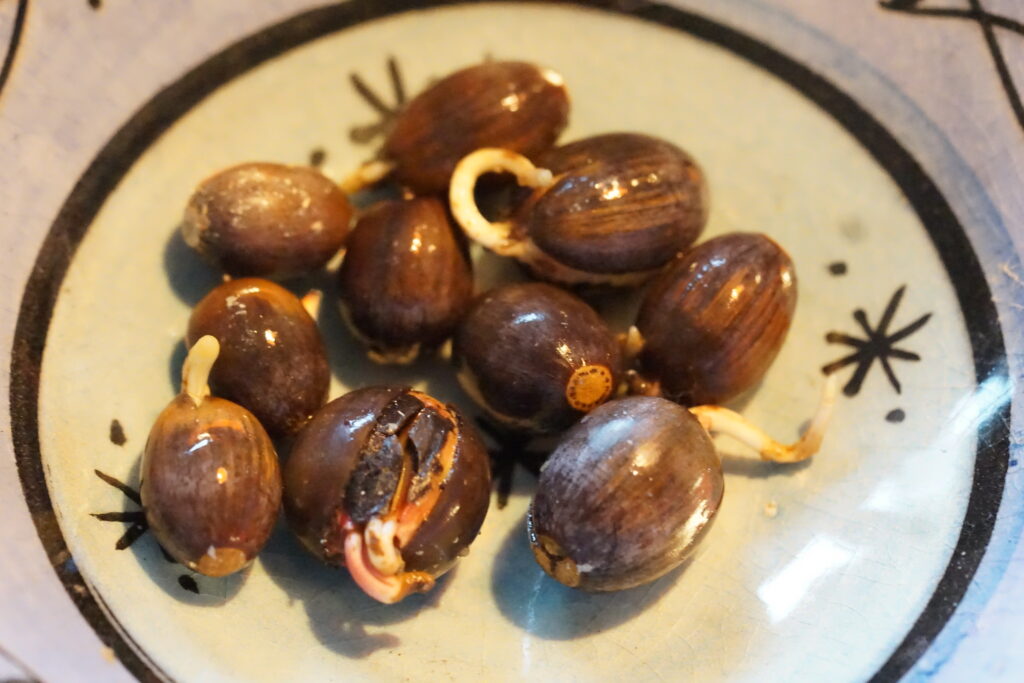
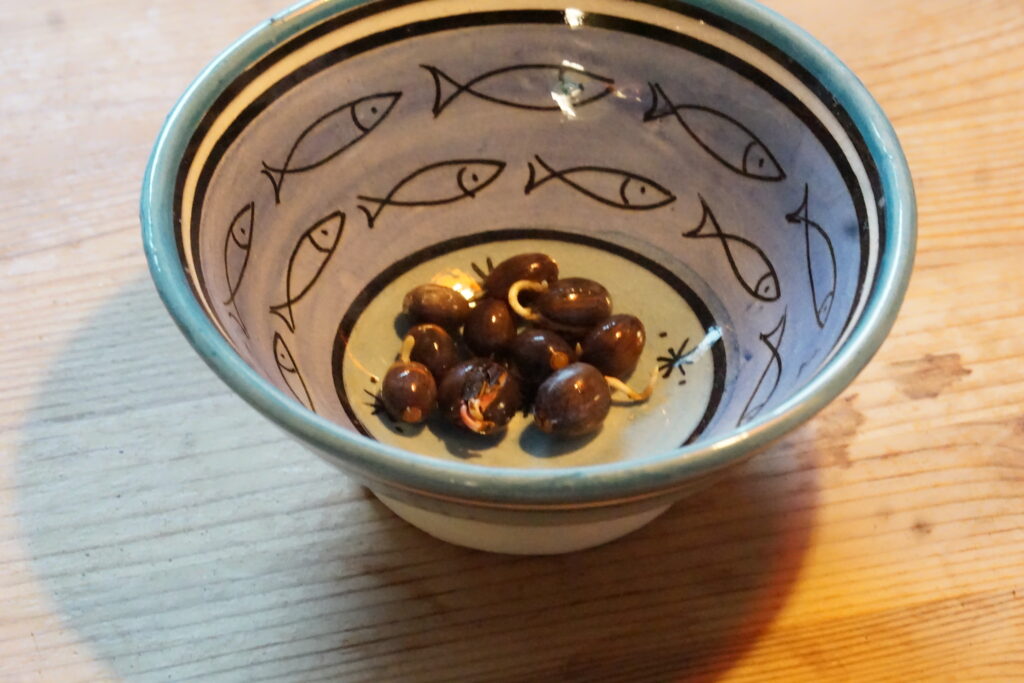
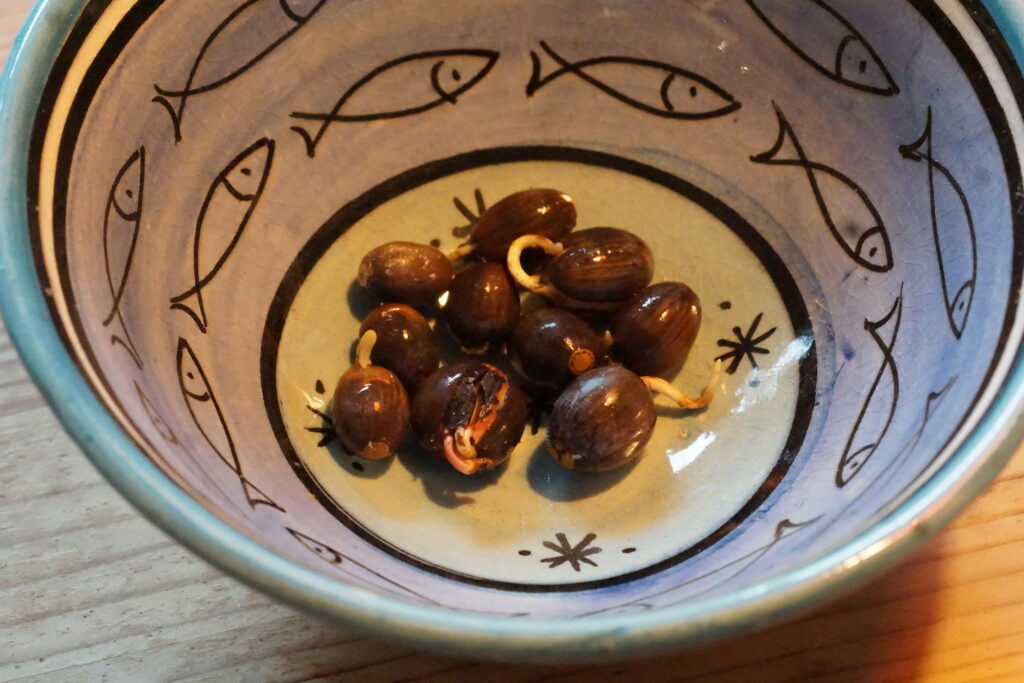
This type of oak is also known as “encino colorado”. Originally from Mexico, it has permanent foliage. Growth heights are typically 6 to 9 meters.
Further information: https://en.wikipedia.org/wiki/Quercus_durifolia.
Available in our store: https://quercus.guru/produkt/quercus-durifolia/.
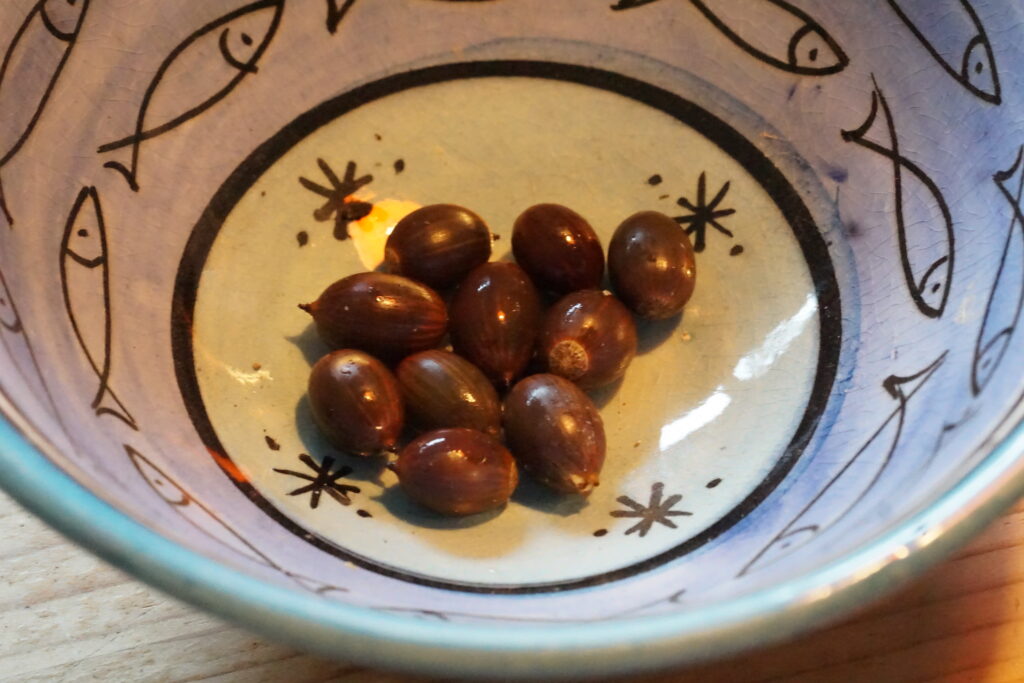
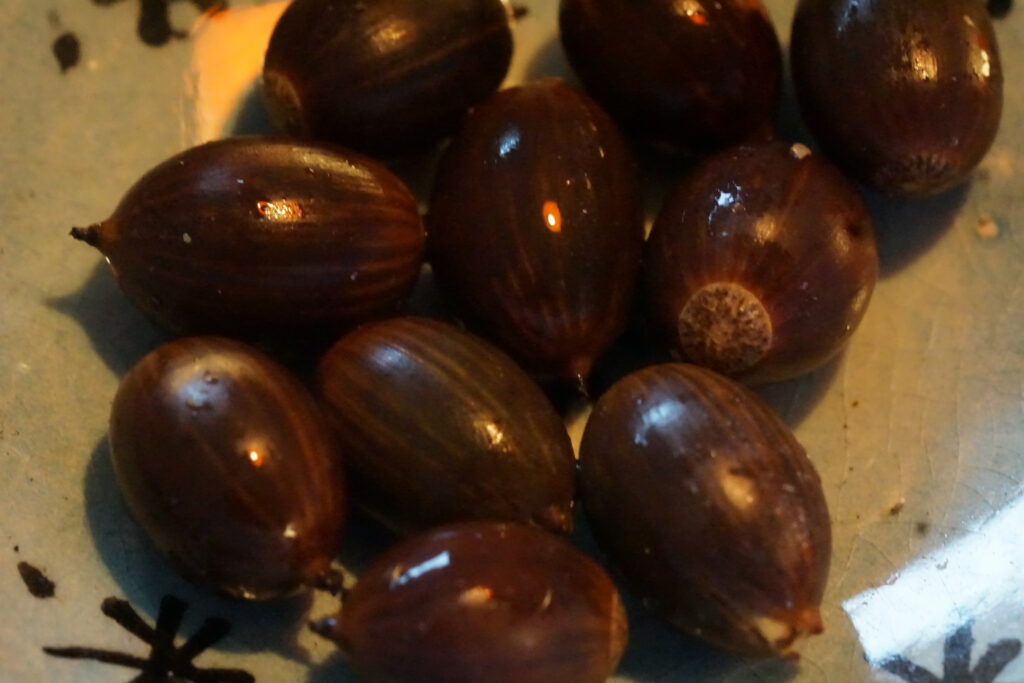
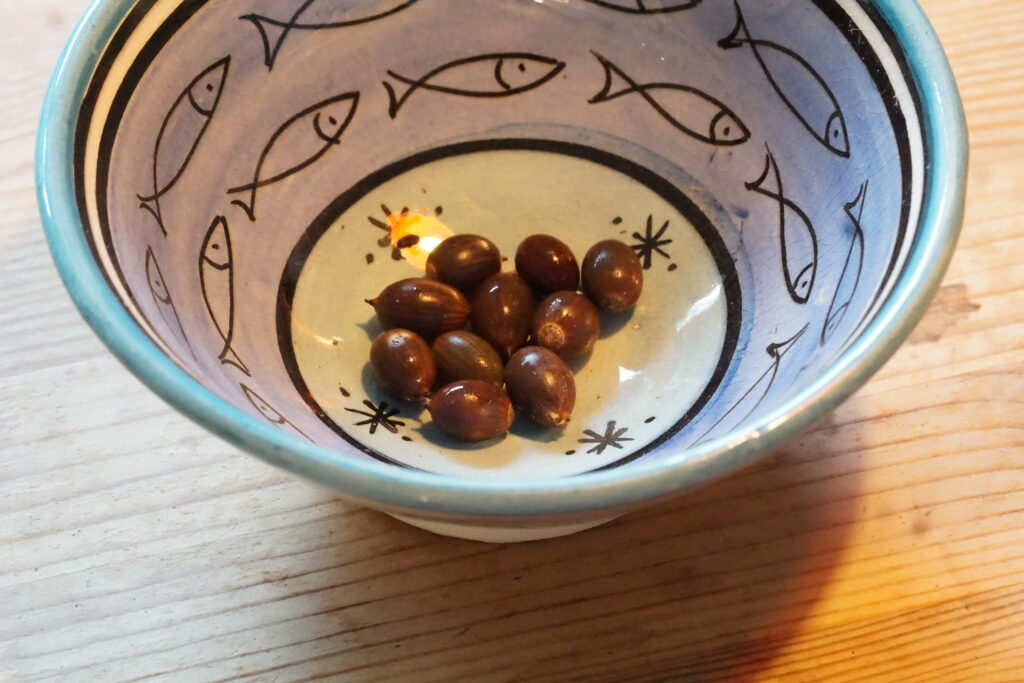
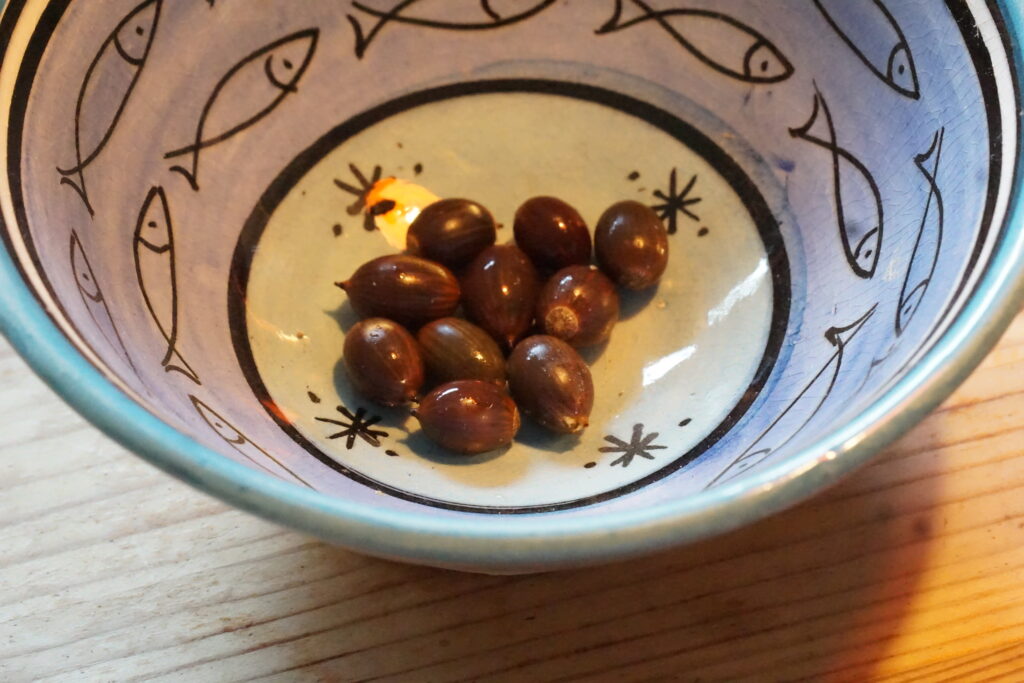
Quercus crassipes originates from Mexico. The leaves are leathery. The tree grows up to 17 meters high.
More information about this species here: https://en.wikipedia.org/wiki/Quercus_crassipes.
The acorns are available in our store: https://quercus.guru/produkt/quercus-crassipes/
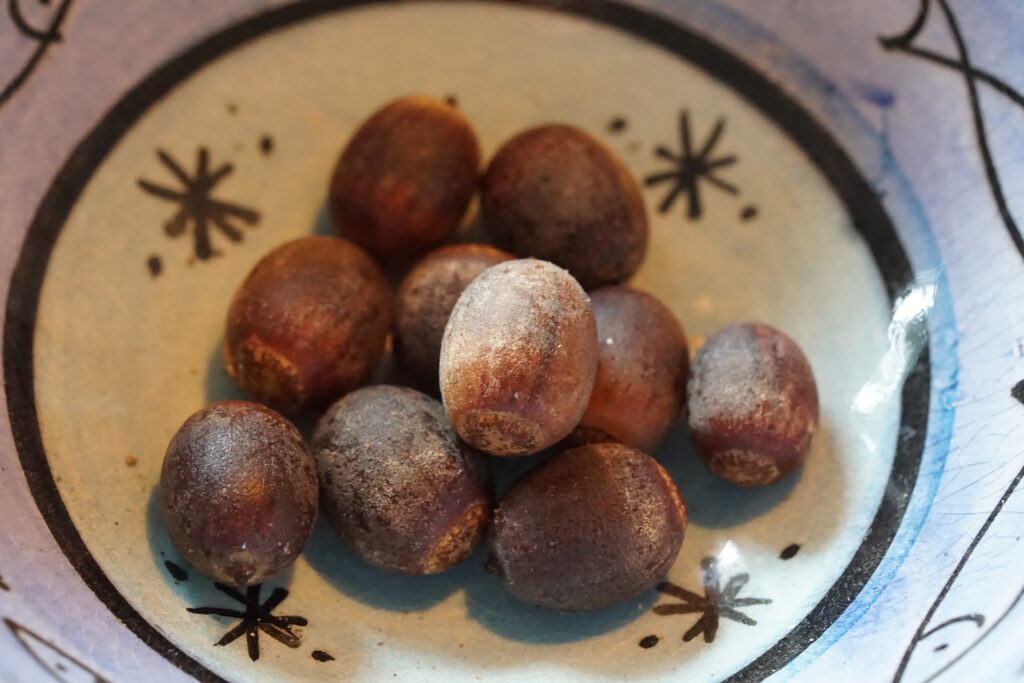
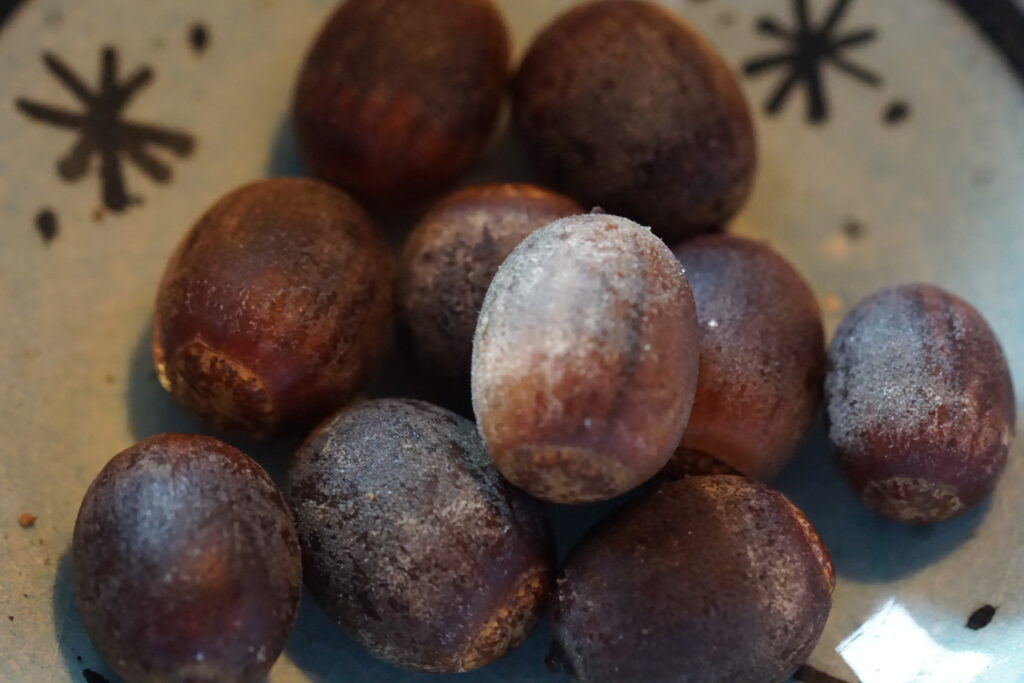
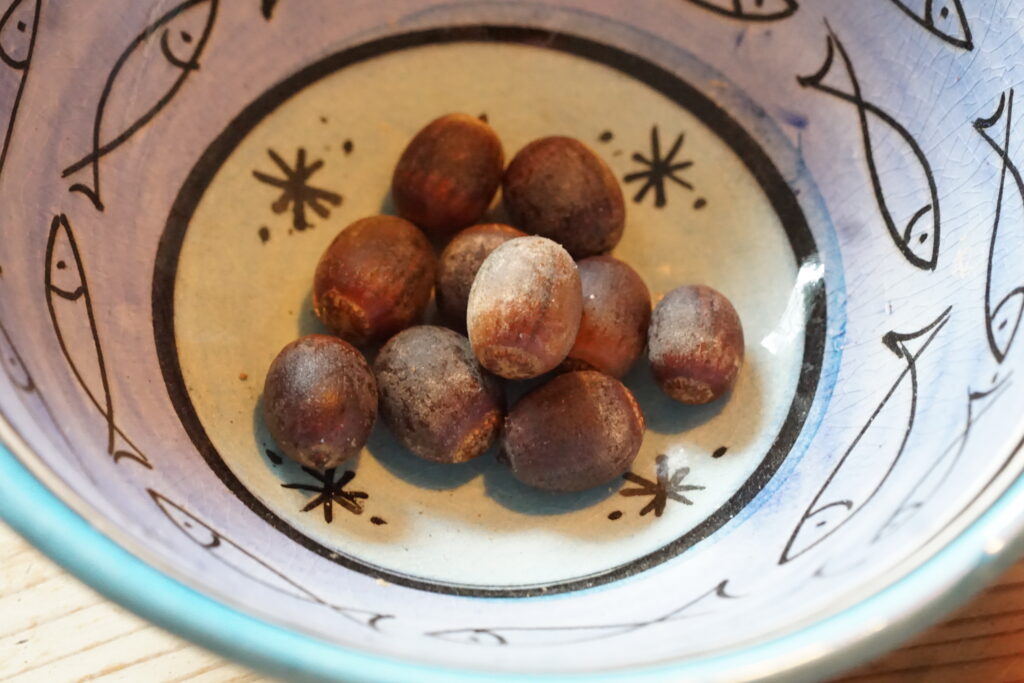
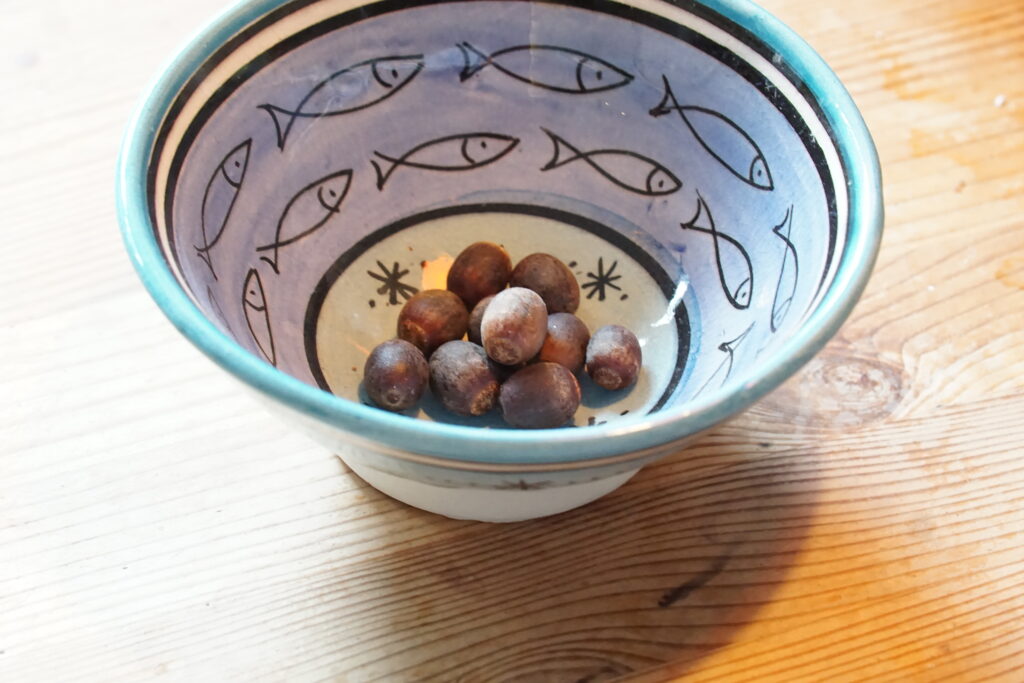
Over the next 2 weeks acorns are expected from:
Quercus canbyi
Quercus laceyi
Quercus muehlenbergii
Quercus virginiana
Quercus sinuata var. breviloba
Quercus crassipes
Quercus durifolia
Quercus faginea (Portuguese oak, Zen oak) can reach growth heights of up to 20 meters and trunk diameters of up to 80 cm. The maximum age is 600 years.
Pollination of this species of oak is carried out by the wind. Quercus faginae is often found in Portugal, Spain as well as northwestern Africa. It also grows very frequently in the Balearic Islands.
The wood is often used as firewood or tree wood. The acorns are popular in the Iberian Peninsula for fattening pigs.
It is interesting that the leaves change color after the growing season, but do not fall off the tree. This happens only when the leaves sprout in the following year.
Quercus faginea likes calcareous soils. They often grow together in communities with cork oak, Pyrenean oak and holm oak. It is resistant to the climatic stresses of cold, drought and thermal contrasts.
Some interesting pictures of this oak species can be found here: http://www.mittelmeerflora.de/Zweikeim/Fagaceae/querc_faginea.htm
